Qualified Teams for the 2017 SPL Team Competition in Nagoya:
Aztlan, Bembelbots, Berlin United – NaoTH, B-Human, Camellia Dragons, Dutch Nao Team, HULKs, JoiTech-SPL, Linkoping Humanoids, Luxembourg United, MiPal, MRL-SPL, Nao Devils Dortmund, Nao-Team HTWK, NomadZ, NTU RoboPAL, RoboCanes, RoboEireann, TJArk, UChile Robotics Team, UNSW Australia, UPennalizers, UT Austin Villa, WrightOcean
Alternate Teams for the 2017 SPL Team Competition in Nagoya:
1st Alternate: SPQR (unable to attend)
2nd Alternate: MiPal (qualified)
3rd Alternate: Luxembourg United (qualified)
4th Alternate: CMTartans (unable to attend)
5th Alternate: Aztlan (qualified)
Qualified Teams for the 2017 SPL Mixed Teams Competition in Nagoya:
DoBerMan (Berlin United – NaoTH + Nao Devils Dortmund, default jersey)
B-HULKs (B-Human + HULKs, grey jersey)
Swift-Ark (TJArk + UNSW Australia, yellow jersey)
Team USA (UPennalizers + UT Austin Villa, blue jersey)
Qualified Teams for 2017 SPL Regional Open Competitions:
Aztlan, CMTartans, Luxembourg United, MiPal, SPQR, Team NUST
International SPL 2017 Competitors
Note: The following listing is a work in progress, and should not be considered to be an extensive list of all qualified 2017 SPL teams. Team information is being posted as it is received from teams.
|
|
|
|
|
|
| Aztlan |
Team Contact: Institutes: |
| Team Profile: | |
| Research Topics: | |
| Team Report: | |
|
|
|
Bembelbots  |
Team Contact: Institutes: |
| Team Profile: | The RoboCup team Bembelbots was founded in 2009 at the Goethe University Frankfurt (Main), Germany as a group fully organized by students. As there is no robotics group at the university, the team should help students to increase their experience in robotics, as well as programming skills in addition to the theoretical orientation of the computer science degree program of the university. The team does not have any constant financial resources, so a lot of resources are used to afford robot upgrades and additional hardware. |
| Research Topics: | Machine Learning, Localization, Behavior Modeling |
| Team Report: | 2016 Team Report |
|
|
|
Berlin United – Nao Team Humboldt (BU-NaoTH) 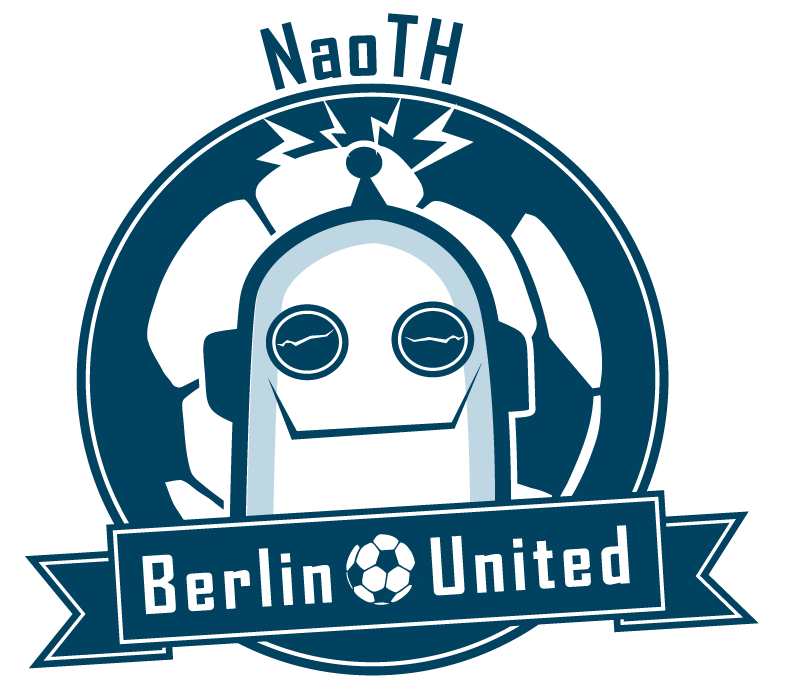 |
Team Contact: Institutes:
|
| Team Profile: | Nao Team Humboldt (NaoTH) is part of the Adaptive Systems group at the Humboldt-Universität zu Berlin and a member of the joint research group”Berlin United”, together with the RoboCup team FUmanoids (KidSize League) from the Freie Universität Berlin. Established at the end of 2007, NaoTH is the successor of the Aibo Team Humboldt (part of the former German Team). The team mainly consists of graduate and undergraduate students and is closely involved with the teaching and mentorship. Our recent successes include achieving 3rd place in the outdoor competitions and quarterfinals at the RoboCup world championship in Leipzig, Germany, and reaching the finals at the European Open in Eindhoven. Our codebase is original and progressively developed over the years. It is based on a modular architecture that enables our research. Our research interests span a wide spectrum ranging from software architecture for autonomous robots, basic motion control, vision, perception, and modeling to high level planning.Two of our most recent projects have been simulation based decision making, and an infrastructure for gathering and evaluation of the data from the RoboCup games. The latter project aims to foster data driven research within RoboCup and is supported by a 2017 RCF League Development grant. |
| Research Topics: | Simulation Based Decision Making, Situation Modelling (self localization, local object modelling, semantic mapping), Attention Control, Dynamic Motion Control (walk, ball handling) |
| Team Report: | Team Report 2016 |
|
|
|
B-Human  |
Team Contact: Institutes: |
| Team Profile: | B-Human consists of students from the University of Bremen in their advanced study period and researchers from the DFKI Bremen. In the past, members of the B-Human team participated in different RoboCup leagues. Since 2009, B-Human won every RoboCup German Open, the only European Open as well as the RoboCup World Championships 2009, 2010, 2011, 2013, and 2016. We also won the RoboCupTechnical Challenges in 2009, 2013, 2014, and 2015 and the Drop-in Player competitions at the RoboCupGerman Open 2014 and 2015 and at the RoboCup 2014 and 2016. In addition, B-Human team members earned the Best Paper Award at the RoboCup Symposiums 2010 and 2013. In 2017, we intend to participate again in the RoboCup German Open and in the RoboCup World Championship. |
| Research Topics: | Probabilistic state estimation, real-time computer vision, robot simulation, humanoid walking |
| Team Report: | 2016 Team Report and Code Release |
|
|
|
Camellia Dragons 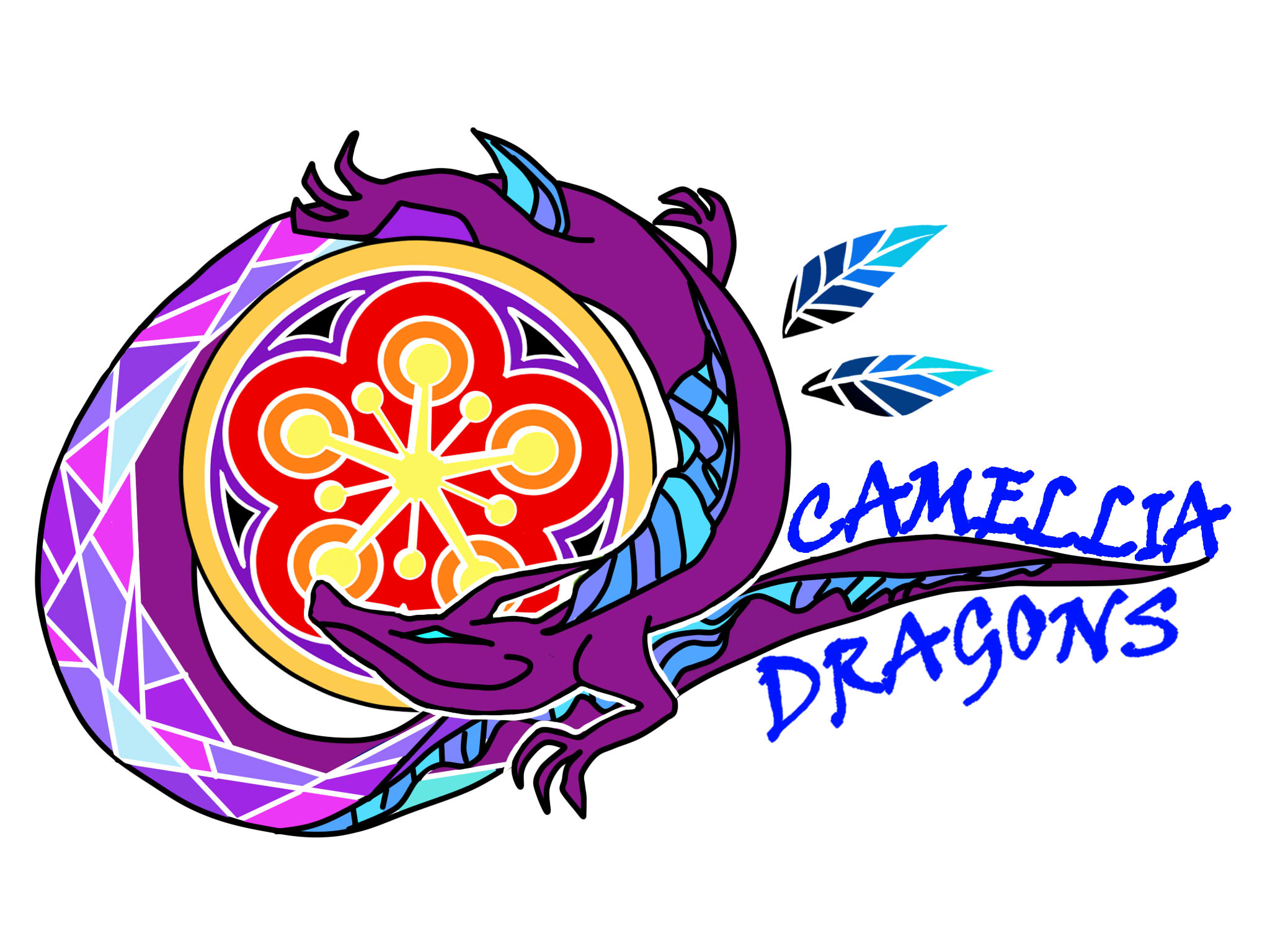 |
Team Contact: Institutes: |
| Team Profile: | Camellia Dragons was organized in October, 2013 at Aichi Prefectural University (APU), Japan. The team consists of five masters students, ten undergraduate students, and two faculty members. All of them are affiliated with Intelligent Machine Learning laboratory (IML lab) at APU. The team made a debut at the SPL competition for RoboCup Japan Open 2014 and won first place in the main competition. In 2015, we also participated in the SPL competition for RoboCup Japan Open 2015. Finally, we won first place in the main competition in a row and also went to the top in the technical challenge. In RoboCup Japan Open 2016, we awarded second place in the main competition. The team also challenged to RoboCup 2015 in Hefei, China and participated in the drop-in player competition and three technical challenges. In RoboCup 2016 in Leipzig, Germany, the team firstly participated in the main competition, which was the first Japanese team to join it. |
| Research Topics: | Cooperative behavior, Real-time object recognition, Dynamic role assignment, Self-localization, Human-robot interaction. |
| Team Report: | Not available |
|
|
|
Dutch Nao Team 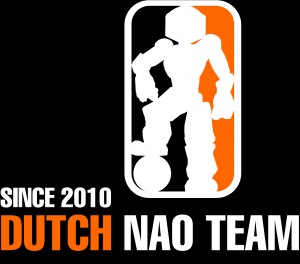 |
Team Contact: Institutes: |
| Team Profile: | The Dutch Nao Team consists of bachelor and master students, supported by a senior staff-member. The team debuted at the German Open 2010 and made its breakthrough by qualifying for RoboCup Istanbul in 2011. |
| Research Topics: | Computer vision, behaviour control, world modeling, probabilistic robotics, machine learning |
| Team Report: | 2017 Team Qualification |
|
|
|
Nao-Team HTWK 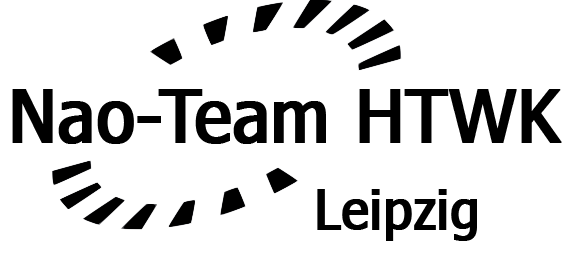 |
Team Contact: Institutes: |
| Team Profile: | The Nao-Team HTWK is a RoboCup team that consists of graduate and undergraduate students of Leipzig University of Applied Sciences and was founded in 2009. The team participated in RoboCup 2009-2011 as well as the RoboCup German Open 2009-2011. |
| Research Topics: | Evolutionary Algorithms, Biped Walking, Artificial Intelligence, Multi-Robot Coordination, Computer Vision, Localization |
| Team Report: | 2016 Code Release |
|
|
|
HULKs – Hamburg Ultra Legendary Kickers  |
Team Contact: Institutes: |
| Team Profile: | HULKs is student association of graduate and undergraduate students established in 2013 working in their leisure time or in thesis works on RoboCup SPL topics. We developed an own NAO framework. Team members participated at RoboCup in 2014, 2015 and 2016, GemanOpens in 2014 and 2015 and EuropeanOpen in 2016. For 2015 and 2017 we were Prequalifed for the RoboCup. Together with the BitBots we organize the RoHOW for the last three years. |
| Research Topics: | Fast and reliable software frameworks, biped walking, machine learning, computer vision |
| Team Report: | 2016 Team Report |
|
|
|
JoiTech-SPL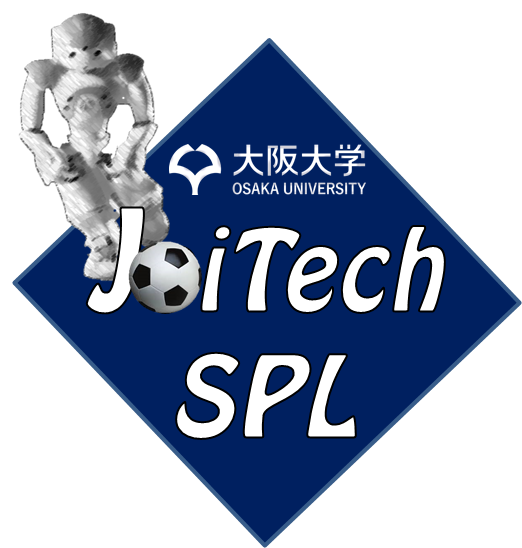 |
Team Contact: |
| Team Profile: | Team JoiTech-SPL is originally derived from RoboCup team JoiTech, which participated in competitions of Humanoid AdultSize League since Japan Open 2010. Team JoiTech is composed of masters and doctoral students at Emergent Robotics Laboratory, Osaka University. This team was first started up as a new team in cooperation with students at Osaka Institute of Technology in RoboCup Japan Open 2010. The team name, JoiTech, is an acronym for “JEAP and Osaka Institute of Technology”, and it also means “joint team with Institute of Technology” and “enjoy technology”. The team had focused on Humanoid League AdultSize for several years. In RoboCup 2013 it took the league champion and best humanoid award. Then we decided to shift our focus to Standard Platform League. As the new team also kept the spirit of the original team, we design our team name by adding “SPL” to the original team name “JoiTech”. |
| Research Topics: | Localization and Multi-Agent Cooperation |
| Team Report: | Not available |
|
|
|
Linköping Humanoids  |
Team Contact: Institutes: |
| Team Profile: | Linköping Humanoids is a joint effort at Linköping university between the student association FIA Robotics and the Division for Artificial Intelligence and Integrated Computer Systems (AIICS) at the Department of Computer and Information Science (IDA). |
| Research Topics: | AI, cognitive robotics, multi-agent systems, machine learning, stream reasoning, and software development for autonomous systems. |
| Team Report: | Not available |
|
|
|
Luxembourg United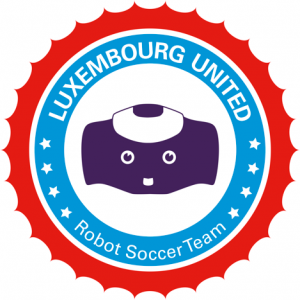 |
Team Contact: Institutes: |
| Team Profile: | Luxembourg United, created early 2016, can be considered a relatively young team. We are part of the Social Robotics Laboratory of the SnT-uni.lu. We created the team to address challenging research questions, motivate students, provide applications for the industry and federate a wide range of research areas under a common framework: robot soccer competition. Our team background is in Machine Learning, Optimisation, Multi-Agent Systems, Coalition Formation, Distributed AI, Human-Robot Interaction and security for mobile service robots. We built our full-size pitch early this year, as per the latest official regulations, in the heart of Luxembourg’s European institutions and look forward to host friendly competitions. We attended RoHOW in Hamburg (2016) and participated to the German Open (2017) in Magdeburg, where we won the 1st place of the Challenge Shield. |
| Research Topics: | Deep learning, reinforcement learning, passing, kicking motion, balance walking, optimisation, human-robot interaction. |
| Team Report: | 2017 Qualification |
|
|
|
MiPal 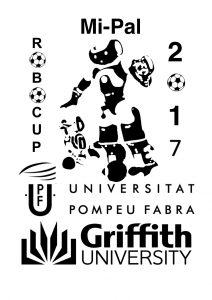 |
Team Contact: Institutes: |
| Team Profile: | Mi-Pal has a long involvement and participation in RoboCup. Prof. Estivill-Castro supervised the student team that was champion of the RoboCup Jr (Higher Education Mindstorms category) in Seattle in 2001, and was a team member of the NewBots (U. of Newcastle) that finished 3rd in 2001. As Mi- Pal, the team participated in the RoboCup SONY League in 4 consecutive years (2003-2006). We were recognised for our debugging tools on the SONY Aibo platforms as well as for our software architecture and vision systems. We also participated in RoboCup@Home twice (2006-2007). With the Nao platform, we have participated in the full competition and the technical challenges in Istanbul (2011), in Mexico City (2012), in Eindhoven (2013), while in 2014 in Joao Pessoa we participated in the technical challenges and drop in challenge. At those venues, the team performed competitively. |
| Research Topics: | Software architecture for Robotics, Behaviour Modelling, Task Planning, Machine Learning |
| Team Report: | Not available |
|
|
|
MRL-SPL  |
Team Contact: Institutes: |
| Team Profile: | MRL-SPL team, under the supervision of Qazvin Azad University (QIAU), is one of the research groups of the Mechatronics Research Laboratory (MRL), dedicated to working in the field of biped robots. MRL is present in RoboCup different leagues since 2002. We have been an active participant of RoboCup SPL since 2009. The team has achieved three 1st place in RoboCup Iran Open and one 3rd place in RoboCup German Open. |
| Research Topics: | Online Joint/Camera Calibration, Framework Development, Monte Carlo Self-Localization, Active Vision and Dynamic Head Motion, Computer Vision using Neural Network Learning Methods, Multi-Agent Cooperation and Coordination, Biped Walk, KinetoStatic and Dynamic Analysis, Ground Reference Points in Biped Locomotion, Off-Line and Online Walking Pattern Generation, Simplified Dynamic Models of a Biped Robot Considering the Dynamics of Upper Body. |
| Team Report: | Not available |
|
|
|
Nao Devils Dortmund 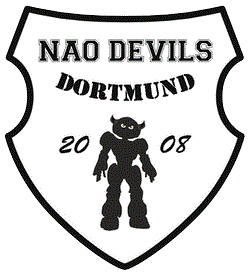 |
Team Contact: Institutes: |
| Team Profile: | The team consists of researchers and students of TU Dortmund University. We participate in RoboCup competitions since 2002 with several different teams: Microsoft Hellhounds and as part of the German Team (4-Legged-League), DoHBots (Humanoid League), and BreDoBrothers (together with University Bremen) and now as Nao Devils Dortmund in the Standard Platform League. |
| Research Topics: | biped walking, computer vision, stochastic filtering, artificial intelligence |
| Team Report: | 2016 Code Release |
|
|
|
NomadZ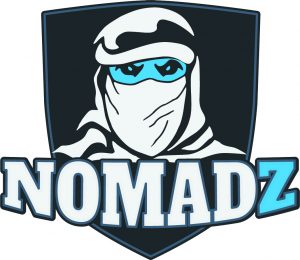 |
Team Contact: Institutes: |
| Team Profile: | The NomadZ from ETH Zurich, Switzerland, formerly known as Z-Knipsers, participated for the first time in the RoboCup 2016 Team Competition. The team consists of five to ten undergraduate students supervised by Ph.D. students. Our work is based on the B-Human code release 2013 and we have implemented modifications and additions in the area of perception, behavior and to a limited extent in motor control. For the RoboCup 2017, we have qualified for the team competition and are aiming to improve on last year’s results. |
| Research Topics: | Self-Localization, Object Detection and Avoidance, Motion Control, Passing and Robot Formation. |
| Team Report: | Not available |
|
|
|
NTU RoboPAL 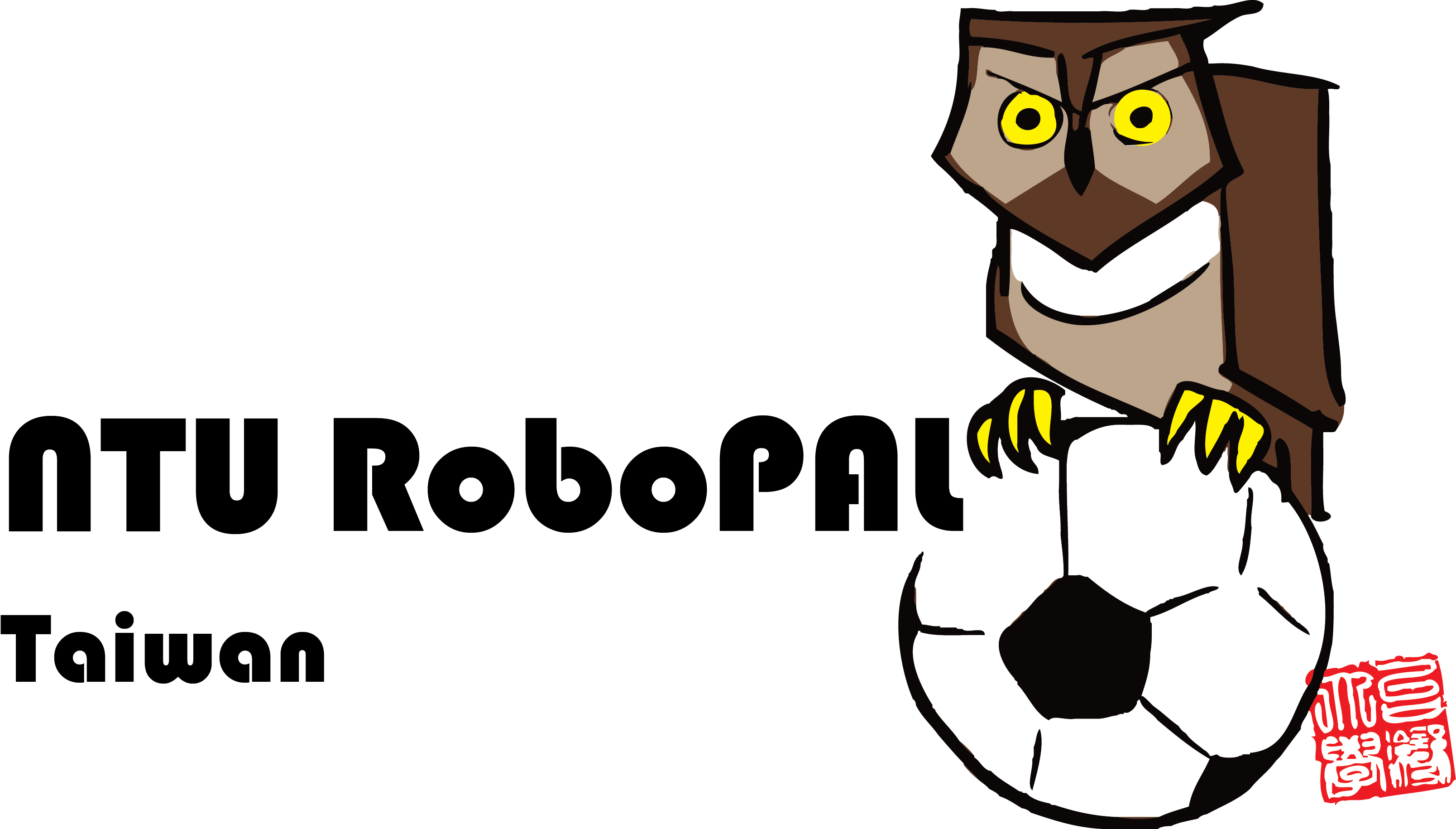 |
Team Contact: Institutes: |
| Team Profile: | The team consists of graduate and undergraduate students highly interested in solving real-world multirobot research issues in terms of perception, behavior, and motion. Started from 2009, NTU
RoboPAL participated in RoboCup SPL and made it to the quarter-final in 2009 and won the third place in 2011. |
| Research Topics: | Multi-robot localization and tracking, multi-robot cooperative perception, activity recognition, motion planning, multi-robot navigation, imitation learning |
| Team Report: | 2015 Team Report |
|
|
|
RoboCanes 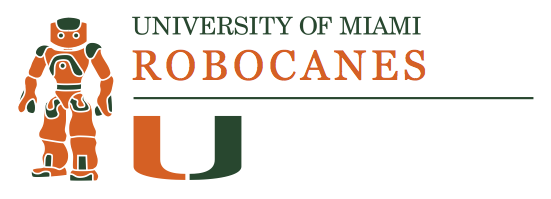 |
Team Contact: Institutes: |
| Team Profile: | The Team consists of graduate students of the AI, Games & Robotics LAB. RoboCanes participated in RoboCup since 2010 in the 3D Soccer Simulation League and reached 2nd places in the 2012 and 2014 World Cup, won the German Open 2011 and was runner-up at the Iran Open 2012. It is the team’s 4th year in the SPL. |
| Research Topics: | Learnable knowledge representation, motions, biped walking control, multi-agent cooperation, self-localization, obstacle avoidance, parameter optimization, reinforcement learning. |
| Team Report: | Not available |
|
|
|
RoboEireann  |
Team Contact: Institutes: |
| Team Profile: | RoboEireann is Ireland’s only SPL team and comprises students and staff from the Maynooth University Electronic Engineering and Computer Science departments. In previous competitions we have attained 1st place in RoboCup 2008 as part of NUManoids (a joint effort with Newcastle University, Australia), 1st place in RoboCup 2011 Technical Challenge, 2nd place in the 2012 German Open, and the quarter-finals of RoboCup 2013. |
| Research Topics: | Computer vision, robust localization, individual and multi-agent behaviour, closed-loop kinematics, software for autonomous systems. |
| Team Report: | Not available |
|
|
|
SPQR Team 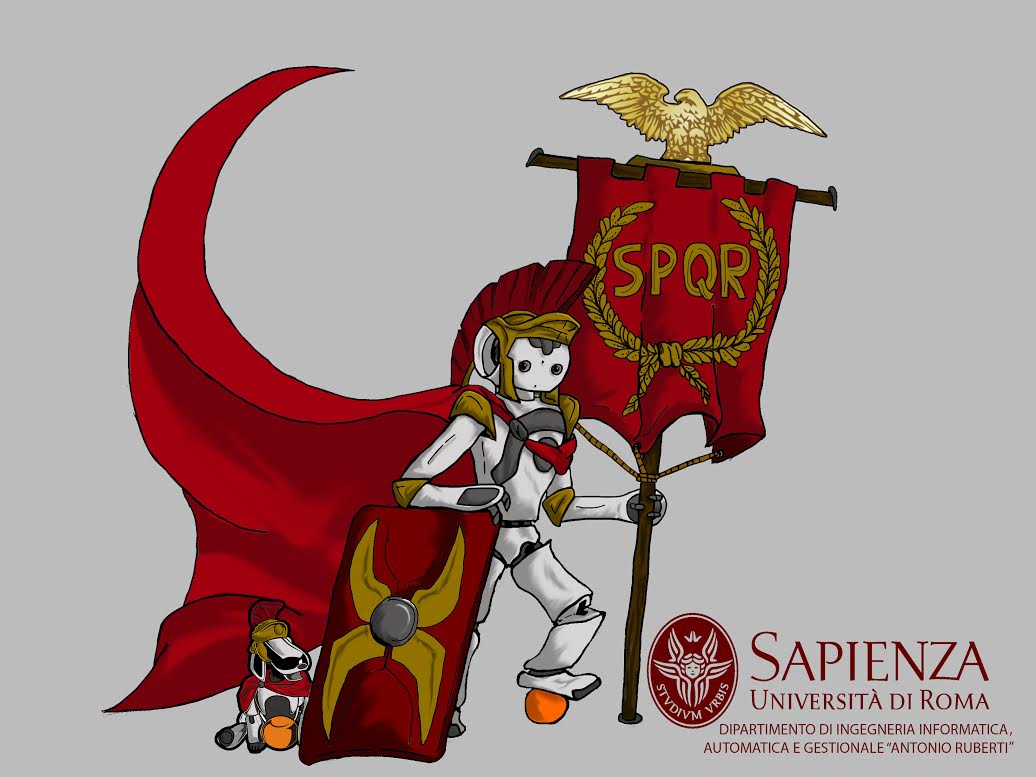 |
Team Contact: |
| Team Profile: | SPQR Team is the RoboCup team of the Department of Computer, Control and Managemente engineering “Antonio Ruberti” at La Sapienza University of Rome. Our team participate in RoboCup competitions since 1998 in different leagues: Middle-size(1998-2002), Four-legged(2000-2007), Real-Rescue(2003-2006), Virtual-Rescue(2006-2008), Standard Platform League since 2008. During 2013 we won the first place at the Iran Open, and the third place at the German Open. |
| Research Topics: | Multi-robot coordination, multi-object tracking and self localization, real-time |
| Team Report: | Qualification Report 2015 |
|
|
|
Team-NUST 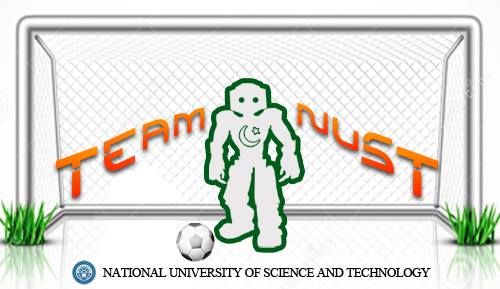 |
Team Contact: Institutes: |
| Team Profile: | Team-NUST was established formally in 2013 in the Legged Robotics Group of RISE Research Center, SMME, NUST, Pakistan with the aim of carrying out research in the rapidly progressing field of humanoid robotics, artificial intelligence, machine vision, motion planning, kinematics and navigation; with the motivation to participate in RoboCup Standard Platform League. |
| Research Topics: | Robust and predictable kicking motion, multi-agent cooperative behavior, motion planning, localization and mapping, probabilistic reasoning. |
| Team Report: | Team Description Paper |
|
|
|
TJArk 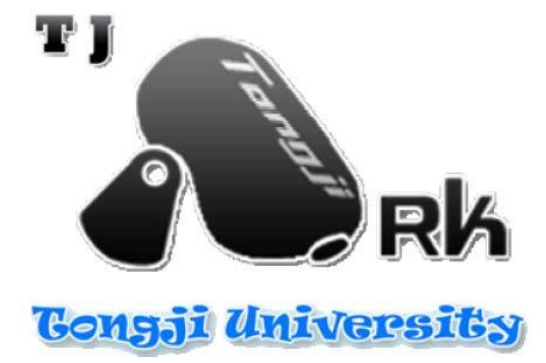 |
Team Contact: Institutes: |
| Team Profile: | TJArk was established in 2004 as a part of the Robots and Intelligent Systems Lab of Tongji University in China. The team consists graduates and undergraduates. All the members of this team are from Control Science and Control Engineering Department. The TJArk participated in the RoboCup SPL competition from 2006 through 2016. We entered the quarter finals in RoboCup 2007, RoboCup 2008 and RoboCup 2016. We are the SPL Champion in RoboCup China Open in latest 4 years. In 2017, we intend to participate in the RoboCup World Championship and RoboCup China Open. |
| Research Topics: | Pattern Recogition, Machine Learning, Computer Vision, Motion Control of Biped Robot, Multi-agent Systems |
| Team Report: | 2016 Code Release |
|
|
|
UChile Robotics Team 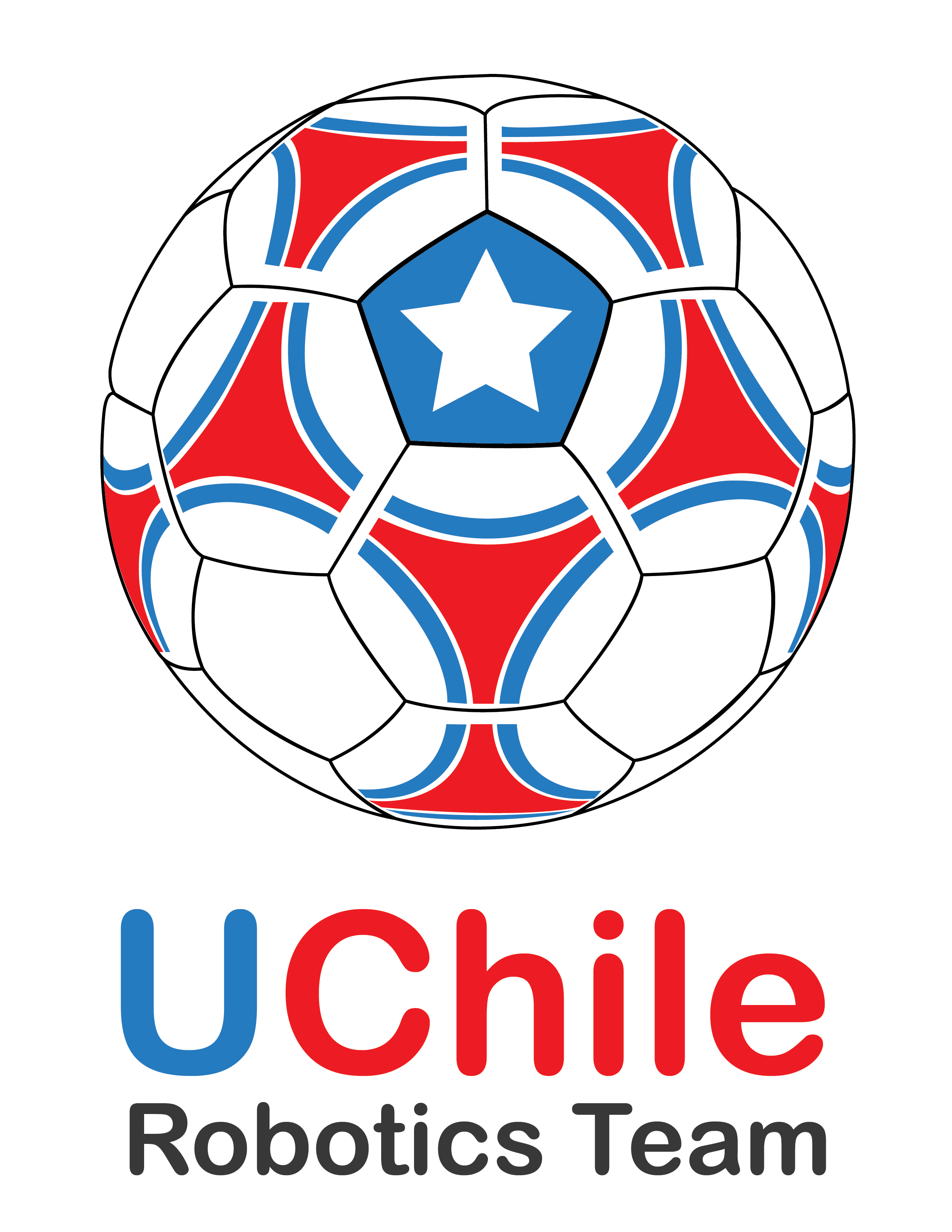 |
Team Contact: Institutes: |
| Team Profile: | The UChile robotics team is an effort of the Department of Electrical Engineering of the Universidad de Chile in order to foster research in mobile robotics. The team is involved in RoboCup competitions since 2003 in different leagues: Four-legged 2003-2007, Humanoid in 2007-2010, and Standard Platform League from 2008. |
| Research Topics: | Mobile robotics and computer vision: Perception, probabilistic estimation, fuzzy models, self localization and reinforcement learning. |
| Team Report: | 2016 Code Release |
|
|
|
UNSW Sydney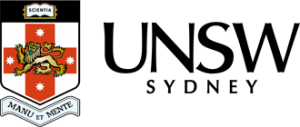 |
Team Contact: Institutes: |
| Team Profile: | UNSW Sydney is the UNSW Sydney team in the RoboCup SPL. The team is mostly made up of undergraduate students from the School of Computer Science and Engineering, with some postgraduate and alumni members. Undergraduate students are often enrolled in an Honours thesis or Special Project course as part of their studies. |
| Research Topics: | Autonomous Systems is a priority research topic in robotics at CSE, UNSW. Our general research focus, of which the RoboCup SPL is a part, is to:
|
| Team Report: | 2016 Code Release |
|
|
|
UPennalizers  |
Team Contact: Institutes: |
| Team Profile: | The UPennalizers consists of graduate and undergraduate students from the University of Pennsylvania and is led by Dr.Daniel Lee of the GRASP Lab. Our team participated in the RoboCupinternational competitions |
| Research Topics: | Machine learning, computer vision, self-localization, path planning and obstacle avoidance, feedback based walk/motion engine, multi-robot coordination |
| Team Report: | 2016 Team Report, 2016 Code Release |
|
|
|
UT Austin Villa  |
Team Contact: Institutes: |
| Team Profile: | Our team is from the University of Texas at Austin. We participated in the Aibo league starting in 2003 and started with the Naos in 2007. We also field a team in the RoboCup 3D simulation league. We won the 2009, 2010, 2012, and 2016 SPL US Opens. At the international RoboCup SPL competitions, we made the quarterfinals in 2009, won 3rd place in 2010 and 2013, finished in 2nd place in 2016, and won the championship in 2012. |
| Research Topics: | Self localization, vision algorithms, multi-agent task allocation, obstacle avoidance, reinforcement learning, ad hoc teamwork |
| Team Report: | 2016 Code Release |
|
|
|
WrightOcean 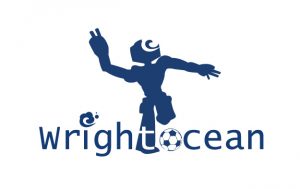 |
Team Contact: Institutes: |
| Team Profile: | WrightOcean, a team which belongs to Lab of Robotics, School of Information and Electrical Engineering, Ludong University in China, was established in April, 2012. It is a young and passionate team, and all of the members are undergraduates keen on robotics. The WrightOcean team participated in the Standard Platform League of RoboCup China Open in 2013 for the first time, and we were the runner-up (the TJArk from Tongji University was the champion) in a team competition. In 2014, we took part in three technical challenges and shared the third place with Dalian University of Technology. In 2015, we firstly took part in RoboCup International SPL and won the third place in technical challenges and one of best drop-in only teams in drop-in player competition. In 2016, we took part in Pre-RoboCup Asia-Pacific Competition in Beijing and we firstly used black and white ball to participate in the team competition. We look forward to share ideas with other teams coming from different countries and regions. |
| Research Topics: | Vision algorithms, motion control, localization |
| Team Report: | Team Report 2015 |
|
|
|
